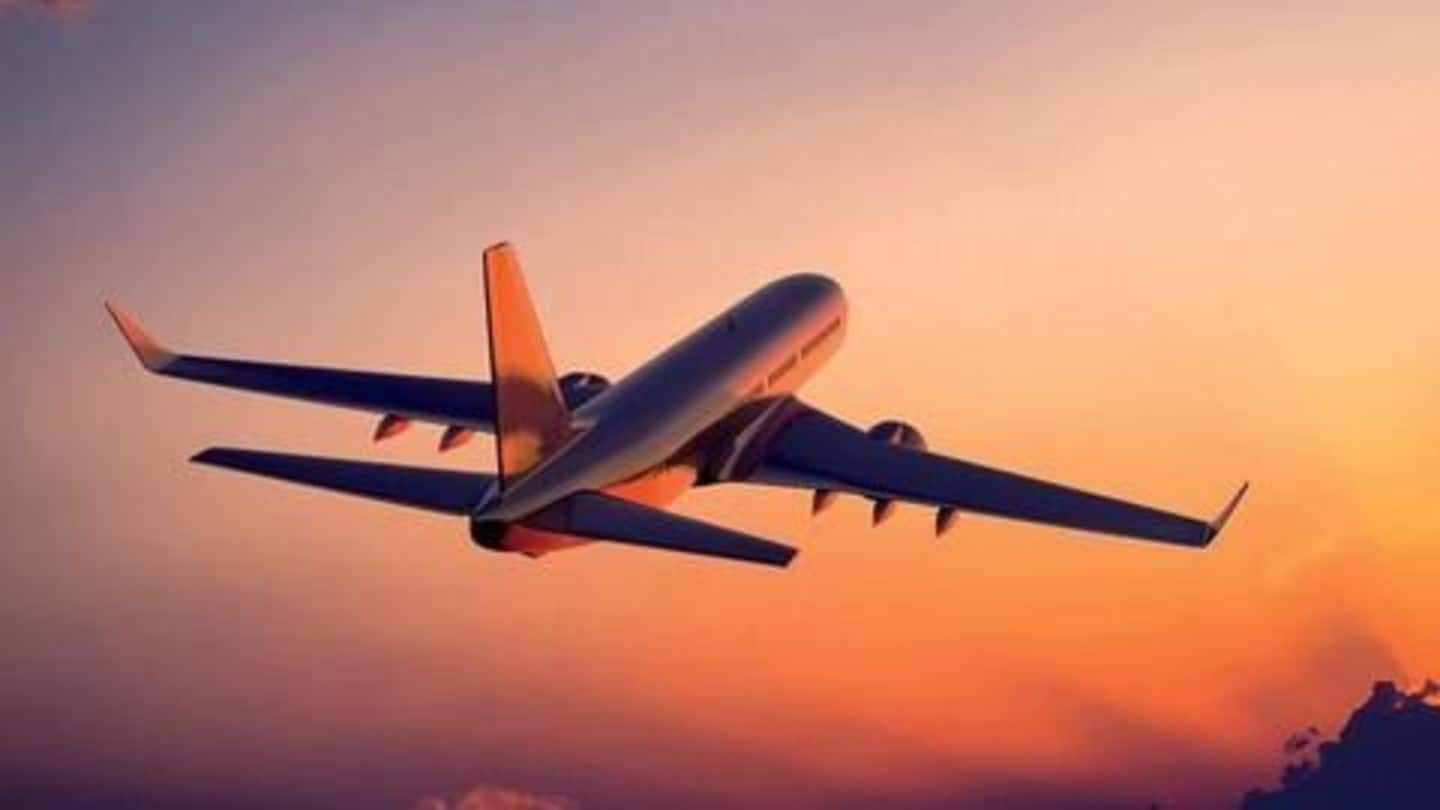
Indian flyers can now avail services from Chinese, Turkish carriers
What's the story
Indian flyers can now avail the services of affordable airlines including the well-networked Turkish Airlines as well as Chinese flight carriers. Introducing a policy change, increase in grant of bilaterals have been equated to the rate of growth in traffic volume between the countries. Some of these airlines which offer the lowest fares are expected to click with a "budget-conscious Indian traveler".
Context
These airlines were kept out of the market so far
China and Turkey have long been demanding bilaterals with India as they had run out of their flying rights. However, India had refused them stating that Indian services were not utilizing their own bilaterals with these countries. Under Modi government's policy bilaterals were so far only being granted to countries where Indian carriers utilized 80% of their flying rights, severely hitting traffic volumes.
Bilaterals
How do airline agreements work?
International air transport work on the basis of over 3000 bilateral air service agreements. All Air services between two nations work based on such bilaterally negotiated agreements. Based on the Chicago Convention on International Civil Aviation (1944), these agreements cover aspects including the routes the airlines can fly in, number of flights that can be operated and tariffs that can be charged.
Information
Lopsided grant of flying rights
While several airlines fly into India from China and Turkey, only Air India for instance flies to Turkey. The CAG recently called out the UPA government for concentrating grant of flying rights to Gulf countries. India was hence unable to increase bilaterals with these countries.
Conclusion
Rejoice flyers!
Those looking for low budget globe trotting can now avail services of some of the cheapest carriers including Air China and Eastern China which offer the lowest prices to travel to places including America. Chinese carriers can operate upto 10,000 seats/week across 42 frequencies. This is also expected to indirectly boost India's traffic volume with China in turn.